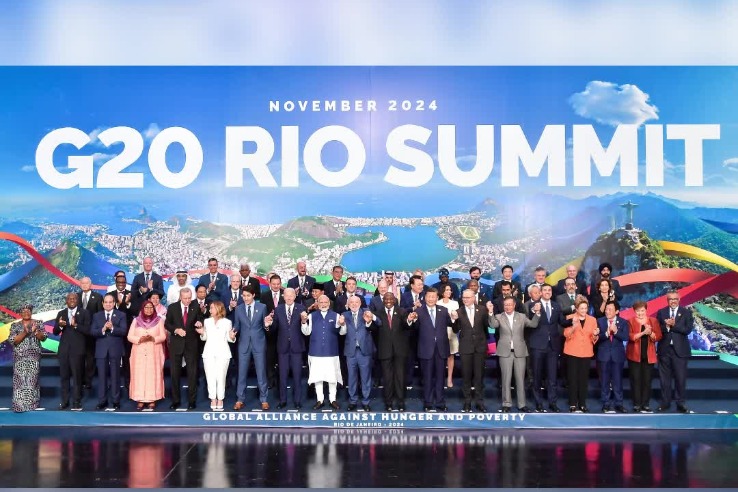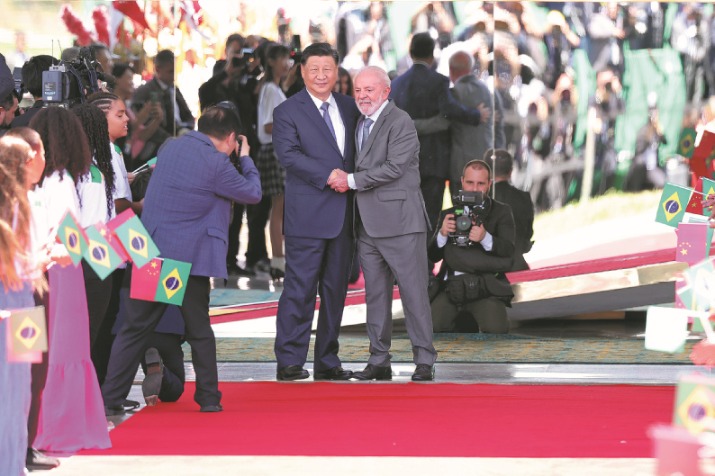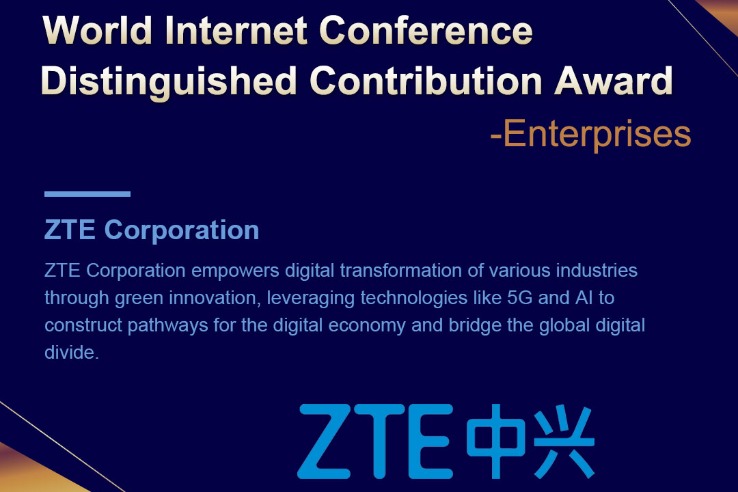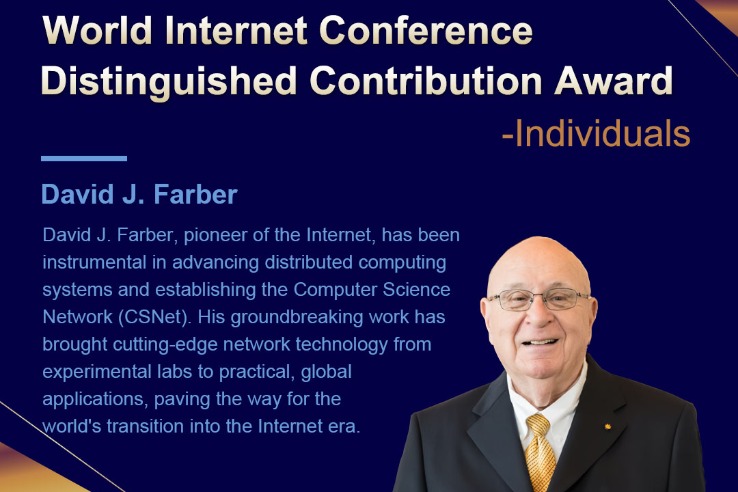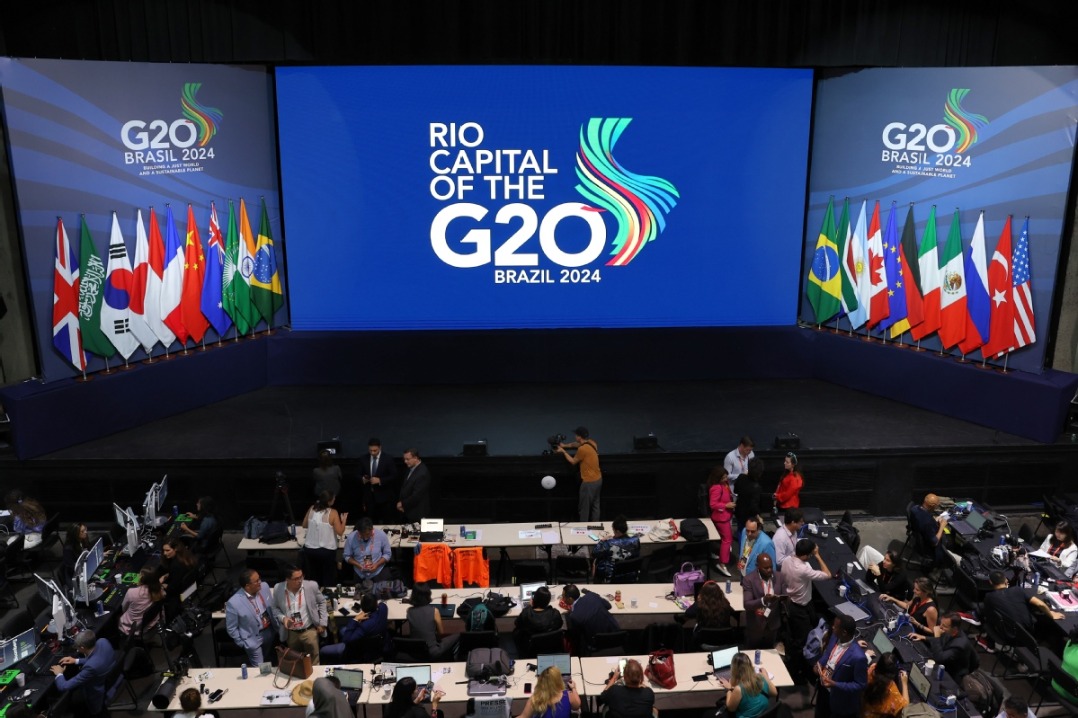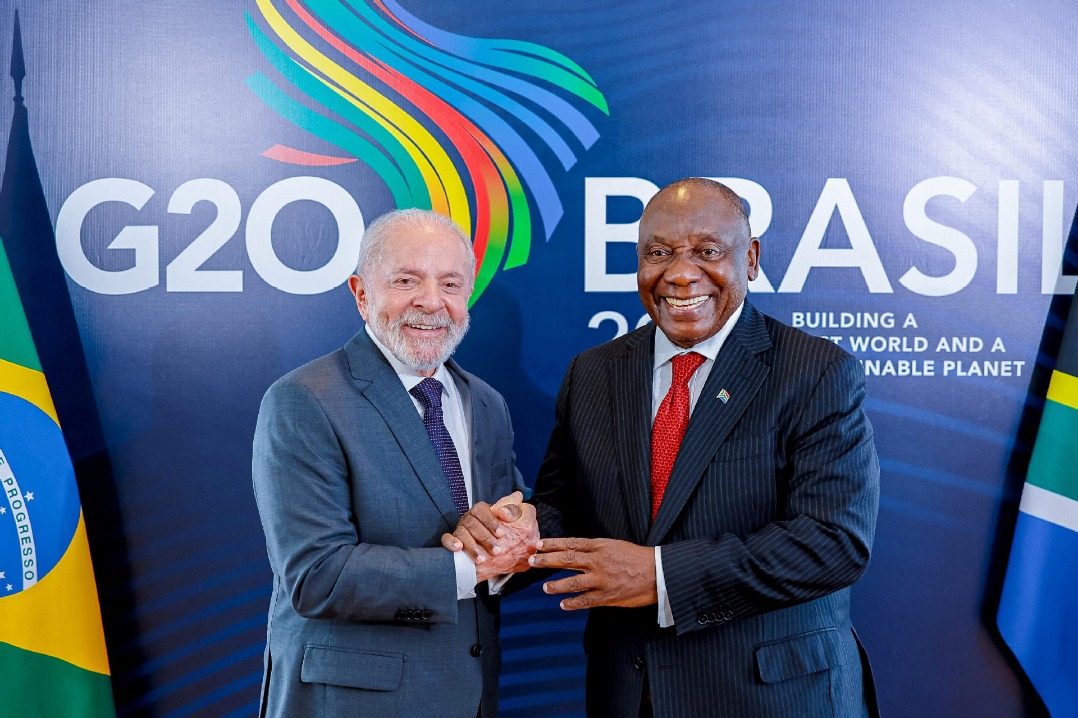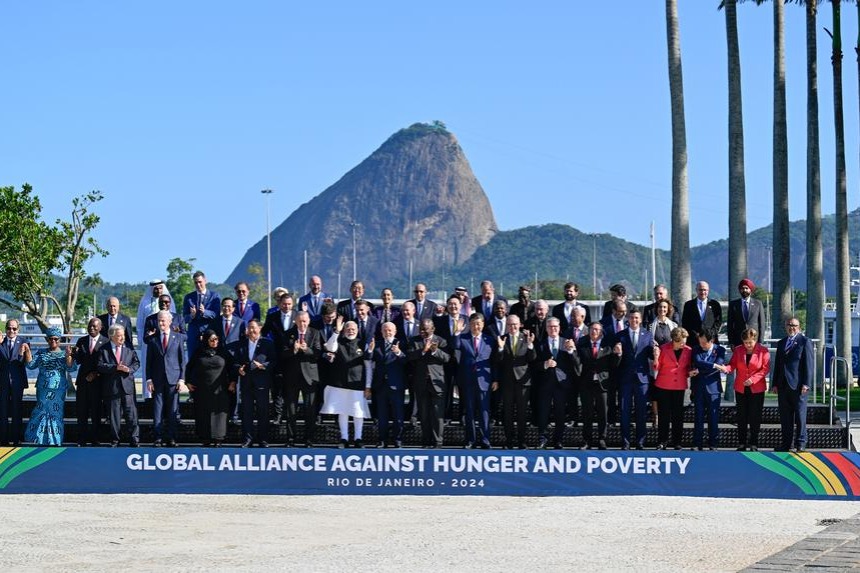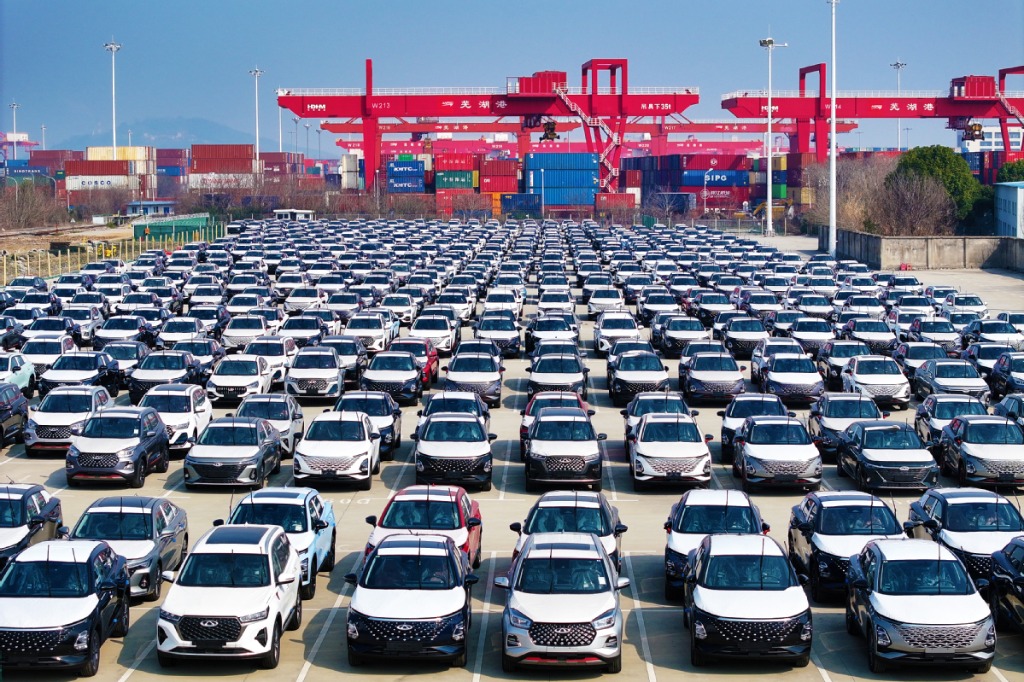US connivance of Tsai's transit violates one-China principle

Ma Ying-jeou, a former Kuomintang party leader from the Taiwan island, is visiting the mainland from March 27 to April 7 to pay respects to his ancestors and promote cross-Straits youth exchanges. In contrast, current Taiwan leader Tsai Ing-wen will “transit” through the United States twice and meet with US House of Representatives Speaker Kevin McCarthy while on her way to Guatemala and Belize.
“It’s highly provocative on purpose for the United States government to give a visa to the ‘president’ of Taiwan,” said Francis Boyle, a professor of international law at the University of Illinois.
“It is inconsistent with the one-China policy,” Boyle said, adding that the US seems to be encouraging pro-independence forces in Taiwan, like the current Taiwan leader, which is very reckless and dangerous.
Tang Yonghong, a professor of the Taiwan Research Center at Xiamen University, said that the US’ claim that allowing Tsai to transit through the US is a routine practice and its criticism of China for making a big deal of it are classic examples of the “thief crying thief”.
“The Taiwan authorities’ pursuit of ‘independence’ will only lead them further away from reunification, forcing them to face strong countermeasures from Beijing,” Tang said. “This will continue to worsen both cross-Straits and Sino-US relations.”
Former US House speaker Nancy Pelosi’s visit to Taiwan in August last year triggered a crisis in the Taiwan Straits that is lingering to this day, said Lim Chuan-tiong, a Taiwan scholar who is now a professor at the Institute for International Studies, Wuhan University.
“There has been much discussion about the increasing possibility of a military conflict across the Straits,” Lim said. “Taiwan society hopes to see restoration of a peaceful atmosphere and reduced tensions.”
Ma, accompanied by over 30 young Taiwan students, has called upon young people on both sides of the Straits to have greater contact and exchanges.
“Although Ma did not bring any official political messages to the Chinese mainland,” Lim said, “His visit itself conveys a message that cross-Straits peace is possible.”

















